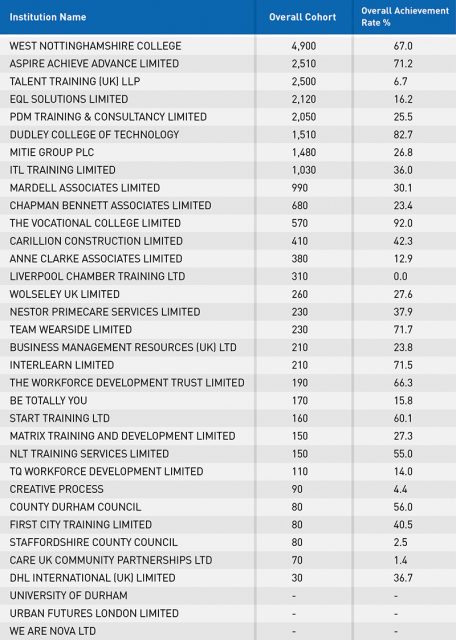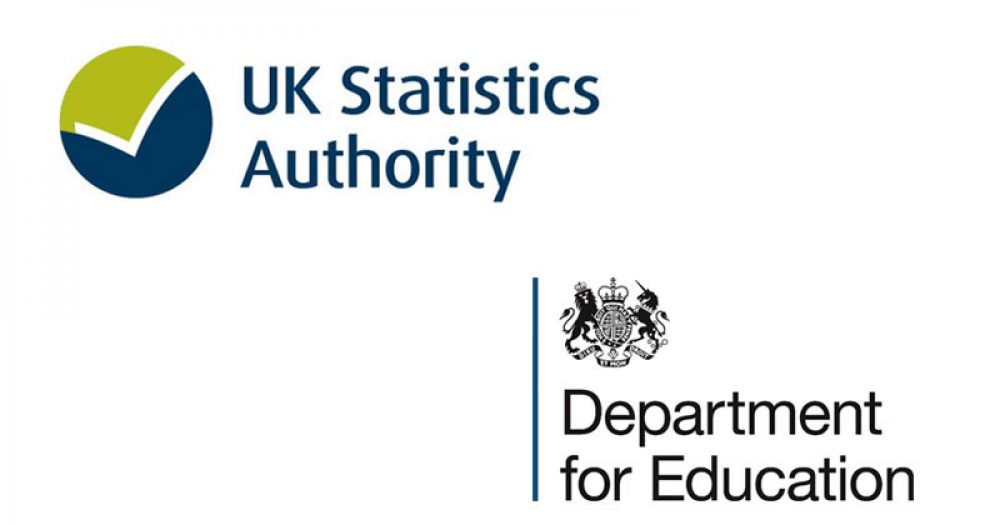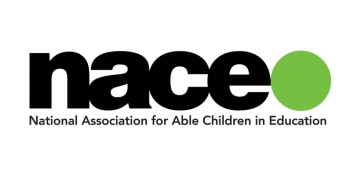The country’s national statistics regulator is investigating whether the Education and Skills Funding Agency’s apprenticeship achievement rate data can be trusted.
Last Thursday the national achievement rate tables published for 2017/18 came with a list of more than 30 apprenticeship providers with “unreliable” data that have been included in the headline figures.
The ESFA says the unreliable data is included to “provide a complete view of performance” and acknowledges that by doing so this year’s rate is 1.5 per cent lower than it would be if it was excluded.
“If we had excluded them for apprenticeships, then the national rate would be 68.8 per cent which would be 1.5 per cent higher than the published figure,” its report, published alongside the tables, said.

After FE Week shared the finding with the UK Statistics Authority, which had previously pressured the DfE into changing the way it presents its achievement data for 2015/16, the authority said it would look at the matter further.
The government’s achievement rate data must comply with the UK Statistic Authority’s “code of practice”, which says official statistics must ensure they are “worthy of trust”.
“The code ensures that the statistics published by government serve the public,” according to the authority’s website.
“When producers of official statistics comply with the code, it gives users of statistics and citizens confidence that published government statistics are of public value, are high quality and are produced by people and organisations that are worthy of trust.”
FE Week analysis of the national achievement rate tables for 2017/18 shows there were 23,940 apprenticeships across 34 providers that have unreliable data, including at two large high-profile colleges.
The total combined cohort for all providers in 2017/18 was 412,190, which means data for 5.8 per cent of the apprenticeships in that year cannot be trusted.
FE Week took a look back at the achievement rate data for 2016/17 and found that the DfE also included the unreliable data in the headline rate in that year. “If we had excluded them for apprenticeships, then the national rate would be 68.6 per cent, which would be 0.9 per cent higher than the published figure,” it said at the time.
In 2016/17 there were 10,610 apprenticeships across 21 providers that were redacted for having unreliable data, which was 2.5 per cent of the 409,020 total cohort.
The largest provider to be excluded for having unreliable data in 2017/18 was the troubled West Nottinghamshire College, which had an apprenticeship cohort of 4,900.
The college ran into financial difficulties last year that has led to substantial government bailouts, a high number of job losses, and, ultimately, the resignation of its longstanding, high-profile principal, Dame Asha Khemka.
Commenting on its unreliable data, a West Notts spokesperson said: “The college discovered some inaccuracies in its apprenticeship data for 2017/18, primarily in relation to directly delivered apprentices, who had been incorrectly rolled-over from the previous year.
“This was identified as part of an internal review of our data and was subsequently reported to the ESFA. We are currently working with the agency to resolve these issues.”
The other high-profile provider to be excluded from the DfE’s official achievement rate data for 2017/18 was grade one Dudley College.
The college discovered some inaccuracies in its apprenticeship data for 2017/18
Its chief executive Lowell Williams last week apologised after FE Week reported how an audit exposed dodgy data with regards to late withdrawals that resulted in more than £500,000 being paid back to the government.
It is understood that the exclusion of some of the providers from the official data this year is a result of the ESFA’s recent mystery audits.
As previously reported by FE Week, this major review of apprenticeship data is expected to result in the sector being officially warned about unacceptable data practices, as was the case nearly a decade ago when the then chief executive of the funding agency published a letter to the sector.
Asked what the sanctions are for providers who are excluded from the official data, the DfE declined to comment.
In July 2017 it came to light that the DfE was pressured into its major U-turn on the publication of hidden achievement rate data.
The department released 2015/16 national achievement rate tables for individual providers in June 2017, a few months after it closed several “loopholes”, causing significant achievement-rate drops.
However, it refused at first to provide comparable figures for previous years, prompting many in the sector to accuse it of a cover-up.
A letter written by Ed Humpherson, the director-general for regulation at the UK Statistics Authority, later revealed that his team effectively leaned on the DfE, apparently after reading FE Week’s reports on the scandal, before it finally agreed to publish the figures on July 27.








I remember the letter that was sent out 10 years ago when this last came into public view.
Since then, from the provider I was working at, 4 of the staff are now leaders of other education providers in FE (One, I am confident, plays it straight. The other 3, well…)
From what I’ve observed over the years, corruption and fiddling the figures are the result of (in this order of likelihood):
1. poor policy and the inability of leaders to effectively challenge it.
2. trying to cover up bad decisions to protect reputation.
3. deliberate self promotion via falsely claimed effectiveness.
4. directly fraudulent activity.
I’m advised to stop being naive and that it happens in all walks of life. Make of that what you will!
A disproportionately high employer provider contingent? I count 5 of the list including DHL, Nestor, MITIE, Carillion, Wolseley, Plus local authorities which might be employer providers.